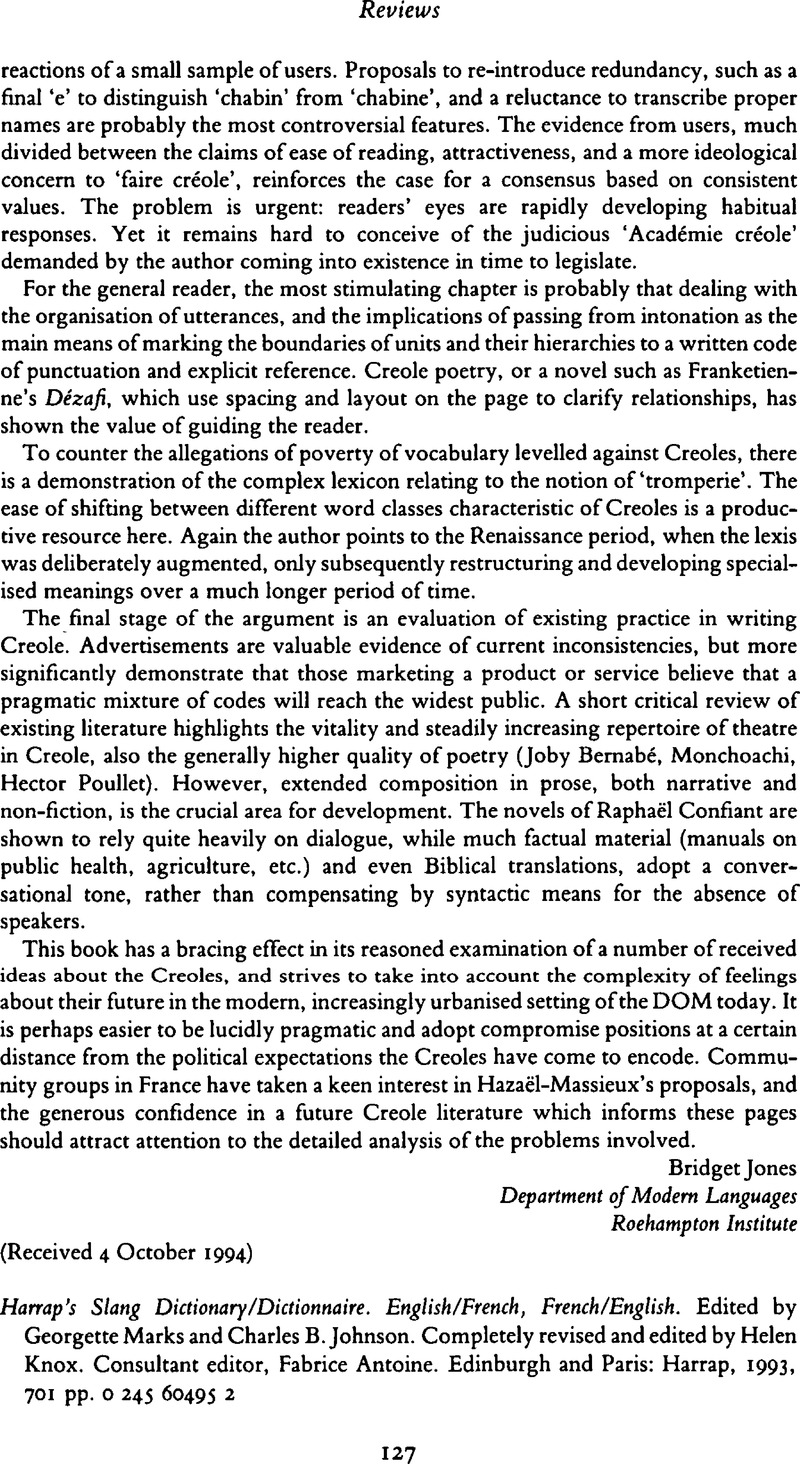


Pity the lexicographer who now has to enumerate all the qualities collecting in the hidden folds of cool: self-possessed, disengaged, quietly disdainful, morally good, intellectually assured, aesthetically rewarding, physically attractive, fashionable, and on and on.Ĭool as a multipurpose slang word grew prevalent in the fifties and sixties, Moore argues, displacing swell and then outshowing countless other informal superlatives such as groovy, smooth, awesome, phat, sweet, just to name a few. Chaucer, the Oxford English Dictionary tells us, used cool to describe someone’s wit, Shakespeare to say, “More than cool reason ever comprehends.”īut starting around the 1930s, cool began appearing in American English as an extremely casual expression to mean something like ‘intensely good.’ This usage also distinguished the speaker, italicizing their apartness from mainstream culture.Īs its popularity grew, cool’s range of possible meanings exploded. Moore says cool is a counterword, which is a term whose meaning has broadened far beyond its original denotation.įor a millennium or so, cool has meant low in temperature, and temperature itself has long been a metaphor for psychological and emotional states (a cool reception, hotheaded). Moore, the most popular slang term of approval in English. It is, according to linguistic anthropologist Robert L. The word, the emotional style, and that whole flavor of cultural cachet remains ascendant after more than half a century.


 0 kommentar(er)
0 kommentar(er)
